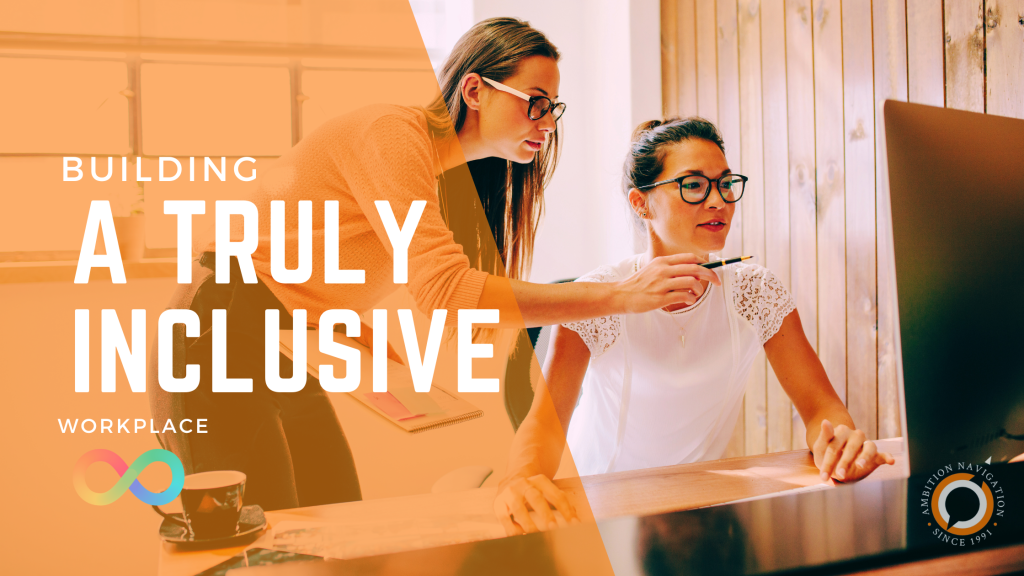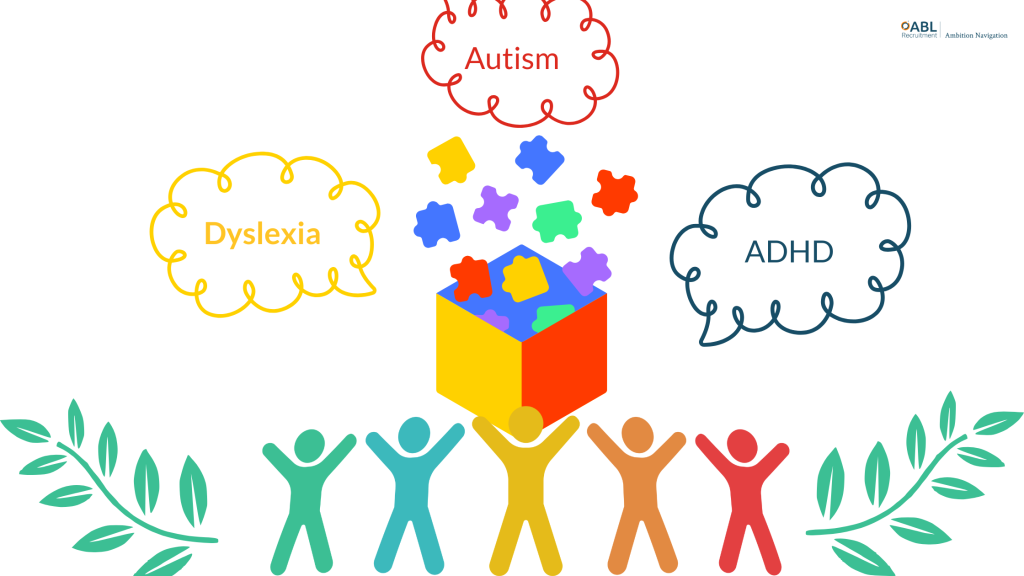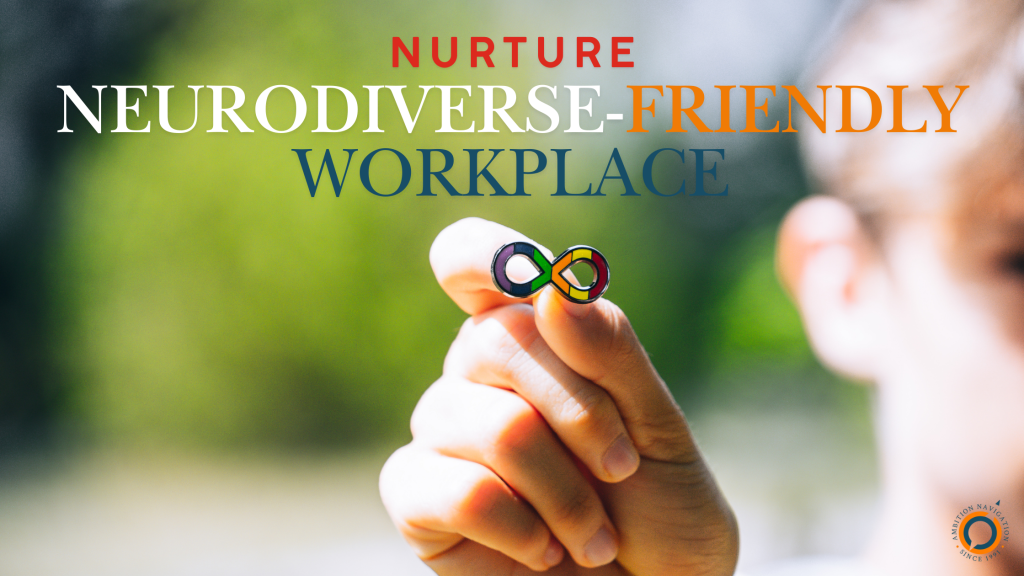What is Neurodiversity, and Why Does It Matter in Today’s Workplace?

As organisations strive to become more inclusive, neurodiversity—an often overlooked aspect of diversity—is gaining attention as an essential component in creating a truly innovative and resilient workforce. Neurodiversity refers to neurological differences such as autism, ADHD, dyslexia, and dyspraxia, among others. Rather than viewing these conditions as deficits, more employers are recognising how these variations can enrich workplaces, fostering a range of cognitive skills that can drive creativity and performance.
What is Neurodiversity?

The term “neurodiversity” acknowledges that cognitive differences are part of natural human variation. Individuals with conditions like autism, ADHD, and dyslexia often bring exceptional skills, such as creativity, problem-solving, and attention to detail. While the focus of diversity efforts has traditionally been on visible disabilities, there is now a growing movement in recruitment to support neurodivergent candidates.
Why It Matters in the Workplace
Neurologically diverse individuals goes beyond diversity and inclusion initiatives—it fosters creativity, innovation, and improved performance. According to a recent study by Birkbeck University of London, employers have highlighted qualities like hyperfocus, pattern recognition, and clear communication as highly valued among neurodiverse staff. Danielle Gleicher-Bates, a law student with neurodivergent traits, highlights how being autistic enhances her problem-solving and advocacy skills, which are crucial in her field.
Despite their strengths, these individuals face barriers in recruitment, often due to traditional interview techniques that favour certain social cues, such as eye contact or body language. This mismatch has contributed to high unemployment rates among neurodivergent adults, who make up 15-20% of the population.
How to Make Recruitment Neurodiverse-Friendly

1. Revise Job Descriptions and Requirements
Use clear, skill-based language and avoid vague criteria. Highlight the unique abilities candidates can offer to make the roles more inclusive.
2. Offer Flexible Interview Options
Consider task-based assessments, video submissions, or written exercises instead of relying solely on interviews during hiring process. This accommodates different communication styles and helps candidates demonstrate their abilities in the best way.
3. Train Interviewers on Neurodiversity Awareness

This is one of the most crucial steps in fostering an inclusive recruitment process. Interviewers and hiring managers must be trained to understand and respect neurodivergent traits, such as the lack of eye contact or unconventional responses. These behaviours should not be misinterpreted as a lack of competence. In fact, a failure to acknowledge and accommodate neurodivergent candidates can lead to negative experiences, discourage talented individuals from applying, and ultimately harm a company’s reputation. Recruiters and hiring managers must undergo regular training and education to ensure they recognise the strengths neurodiverse candidates bring to the table. Without this awareness, companies risk overlooking highly qualified candidates and potentially reinforcing harmful stereotypes.
4. Create an Inclusive Work Environment
Adjust the workplace to support neurodiverse employees. Offer flexible hours, quiet spaces, or noise-cancelling headphones if it is possible to help them thrive.
5. Ongoing Feedback and Support
Regular check-ins and support, such as coaching on time management or organisation, can help neurodiverse employees succeed in their roles.
Moving Beyond Diversity and Inclusion
Neuro-inclusivity isn’t just about ticking boxes for diversity—it’s about recognising the value of different thinking styles. Industries beyond tech, including law, arts, and professional services, are increasingly recognising the unique skills neurodivergent individuals bring. Since its launch, Neurodiversity in Law has seen law firms making efforts to create a more neuro-inclusive recruitment process.
At ABL Recruitment, we believe promoting neurodiversity is key to building a vibrant and inclusive workforce. Embracing neurodivergence nurtures a culture of innovation, where diverse cognitive abilities are seen as assets, not limitations. By creating inclusive hiring practices, we can ensure every individual has the opportunity to bring their best to the workplace.










